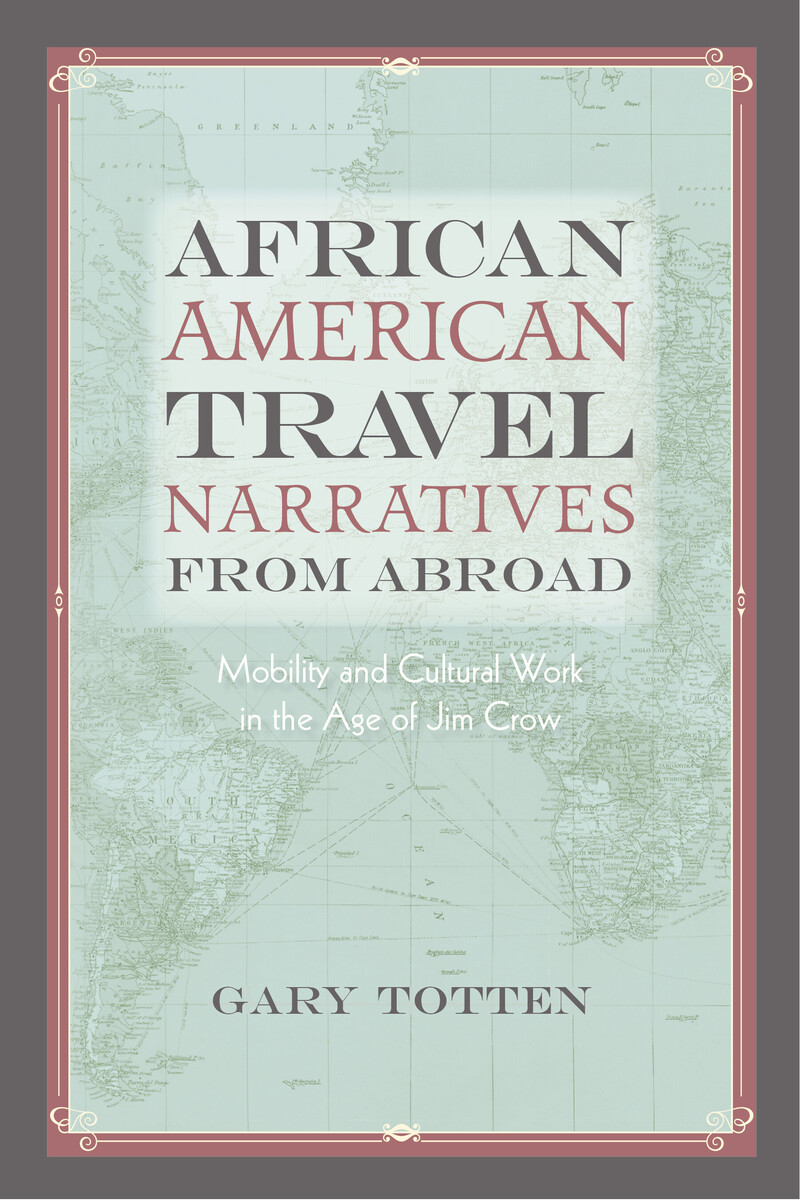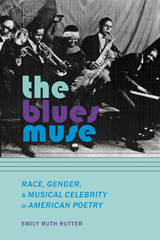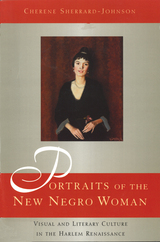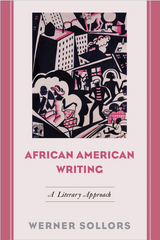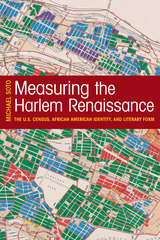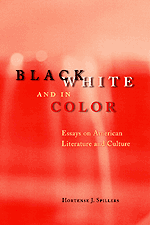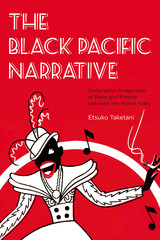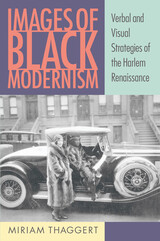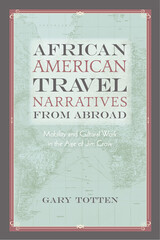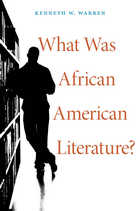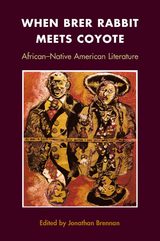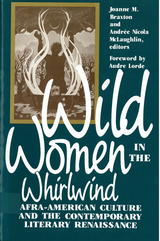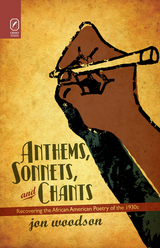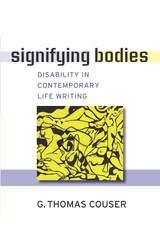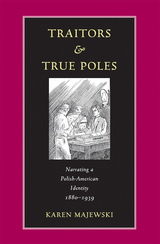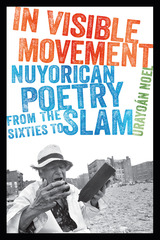African American Travel Narratives from Abroad: Mobility and Cultural Work in the Age of Jim Crow
University of Massachusetts Press, 2015
eISBN: 978-1-61376-363-6 | Paper: 978-1-62534-161-7
Library of Congress Classification PS153.N5T666 2015
Dewey Decimal Classification 810.9896073
eISBN: 978-1-61376-363-6 | Paper: 978-1-62534-161-7
Library of Congress Classification PS153.N5T666 2015
Dewey Decimal Classification 810.9896073
ABOUT THIS BOOK | AUTHOR BIOGRAPHY | REVIEWS
ABOUT THIS BOOK
During the Jim Crow era, African American travelers faced the prospects of violence, harassment, and the denial of services, especially as they made their way throughout the American South. Those who journeyed outside the United States found not only a political and social context that was markedly different from America's, but in their international mobility, they also discovered new ways of identifying themselves in relation to others.
In this book, Gary Totten examines the global travel narratives of a diverse set of African American writers, including Ida B. Wells, Booker T. Washington, Matthew Henson, Jessie Redmon Fauset, and Zora Neale Hurston. While these writers deal with issues of identity in relation to a reimagined sense of self—in a way that we might expect to find in travel narratives—they also push against the constraints and conventions of the genre, reconsidering discourses of tourism, ethnography, and exploration. This book not only offers new insights about African American writers and mobility, it also charts the ideological distinctions and divergent agendas within this group of writers. Totten demonstrates how these travelers and their writings challenged dominant ideologies about African American experience, expression, and identity in a period of escalating racial violence. By setting these texts in their historical context and within the genre of travel writing, Totten presents a nuanced understanding of both popular and recovered work of the period.
In this book, Gary Totten examines the global travel narratives of a diverse set of African American writers, including Ida B. Wells, Booker T. Washington, Matthew Henson, Jessie Redmon Fauset, and Zora Neale Hurston. While these writers deal with issues of identity in relation to a reimagined sense of self—in a way that we might expect to find in travel narratives—they also push against the constraints and conventions of the genre, reconsidering discourses of tourism, ethnography, and exploration. This book not only offers new insights about African American writers and mobility, it also charts the ideological distinctions and divergent agendas within this group of writers. Totten demonstrates how these travelers and their writings challenged dominant ideologies about African American experience, expression, and identity in a period of escalating racial violence. By setting these texts in their historical context and within the genre of travel writing, Totten presents a nuanced understanding of both popular and recovered work of the period.
See other books on: Abroad | Jim Crow | Mobility | Travel writing | Travelers' writings, American
See other titles from University of Massachusetts Press
